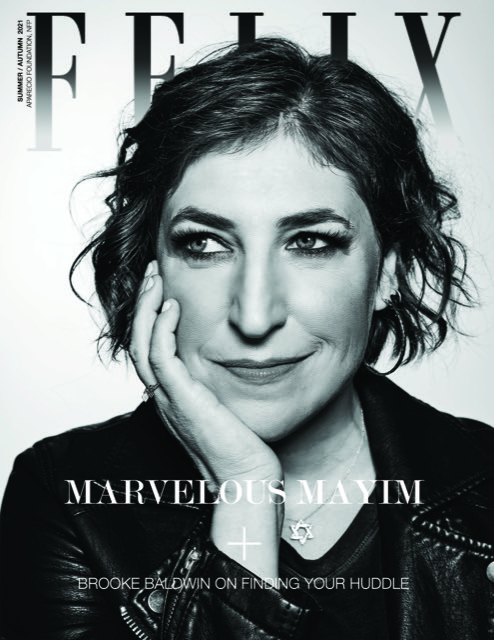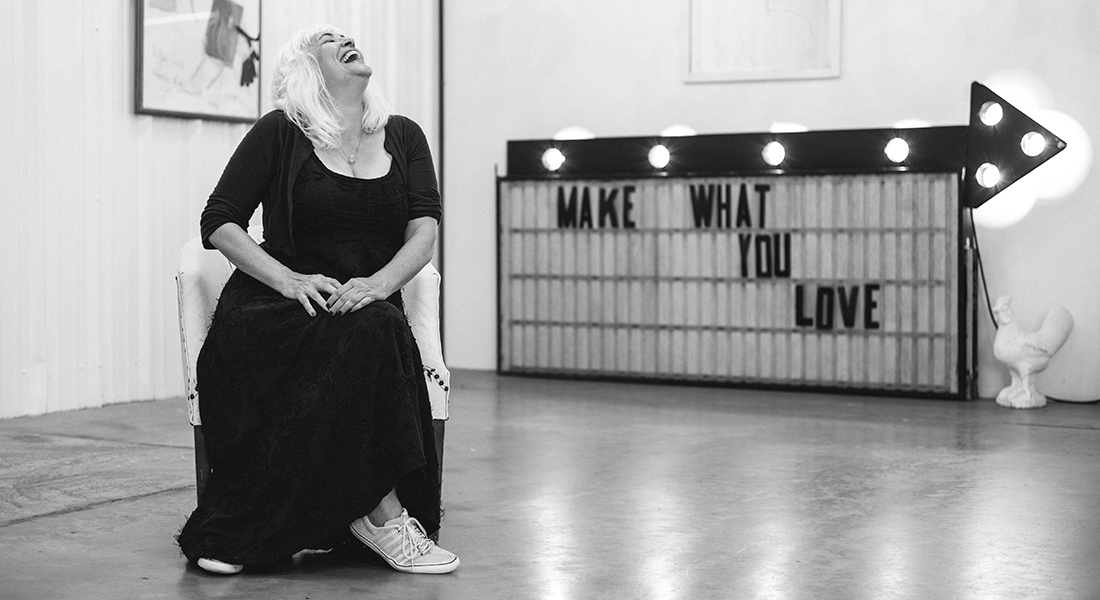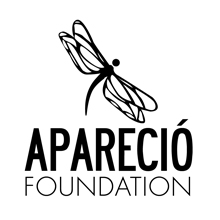Make What You Love: Alabama Chanin
Make What You Love: Alabama Chanin
Image courtesy of Alabama Chanin.
Make What You Love: Alabama Chanin
Make What You Love: Alabama Chanin
Image courtesy of Alabama Chanin.
Make What You Love: Alabama Chanin
Alabama Chanin.
Image courtesy of Alabama Chanin.
Make What You Love: Alabama Chanin
Alabama Chanin.
Image courtesy of Alabama Chanin.
While waiting to give her own speech at a New York City sustainability conference, designer Natalie Chanin first heard Patagonia Director of Environmental Strategy, Jill Dumain speak.
While waiting to give her own speech at a New York City sustainability conference, designer Natalie Chanin first heard Patagonia’s Director of Environmental Strategy, Jill Dumain speak. Chanin, the founder of socially responsible clothing brand Alabama Chanin was immediately struck by Jill and the two quickly bonded over a shared dedication for sustainable fashion.
Their friendship eventually transitioned into a business partnership, but despite their shared values the endeavor hadn’t always been such an obvious step. However, they managed to use their company differences to the collection’s advantage.
“It was about four years ago that we were struggling on what to do with our down [Patagonia’s line of winter jackets] projects at the end of their first life,” Dumain explained. “I called up Natalie and said ‘hey you want to do a little prototype development and see if we can repurpose these into something and bring the two brands together of a really technical great piece and then having the hand touch of the artisan sewing the edges.”
The duo tried out several different ideas before landing on the upcycled scarf and since launching it has become a regular item in the Patagonia fall line. Salvageable pieces of Patagonia down coats are sent to Alabama, where Chanin hand crafts them together. Through this unique process no two scarves end up alike. Some are different colors and sizes patched together from old coats, while others come with leftover zippers and labels.
On Tuesday, June 21st Patagonia held an event with Chanin at their Chicago location as a part of their series of workshops and discussions. Guests packed into the store’s Walton venue and were treated to free drinks and a DIY taco bar stocked full of the Patagonia Provision’s food line. As Dumain and Chanin launched into a discussion on their sustainable, slow design approach the audience simultaneously learned to hand knit.
“The workshop is really a part of a conversation between us. We started these events a few years ago where people are actively involved in making something or actively involved in the conversation it kind of cracks things open really wide,” Chanin explained. “So I guess this yarn ball project is something that anyone can engage with straight away.”
During the hand knitting activity Chanin and Dumain spoke on the fast fashion industry and their own opposition to this design approach, a term for inexpensive clothing that moves quickly in order to stay current with ever changing trends.
“[Fast Fashion] is cheap, it’s a disposal mentality,” Dumain explained. “So often in today’s world its buy, dispose, buy dispose, even if the product is still good.”
Patagonia has become a pioneer in the sustainable fashion industry. “The Chouinard’s that own Patagonia have a very deep environmental vein in their bodies, its just what they do and I was fortunate enough to join the company at a time when that work was just nascent and just beginning, if at all,” Dumain explained.
Alabama Chanin, a line of ready to wear custom couture and bridal garments, began in 2000 with a similar concentration on sustainable fashion. It all happened organically for the company as they upcycled materials to fit the brand’s aesthetic. Through this growth, Chanin found the seed-to-shelf process very touching and has been a fundamental part of both Alabama Chanin and Patagonia.
Dumain added, “I think people forget how many times [someone] will touch the clothing before they buy it. From a farmer growing the cotton all the way through the value chain to people at the machine to the sales people.”
When asked about the future in sustainable fashion, Chanin and Dumain both expressed a need for consumers to take on some responsibility. They referenced the analogy of an hourglass to emphasize this idea. In one direction the consumers are expanding and in the other the industry is, but presently sustainability is still in the middle.
“Its going to take a massive shift from the consumer’s to say you know what we don’t accept this. I want to know where this comes from, I want to know the people who made this were paid in a way that can sustain their lives,” Chanin said.
Throughout the conversation it became evident that there was not only a shared passion for sustainability, but a real bond and friendship that was formed because of it.










